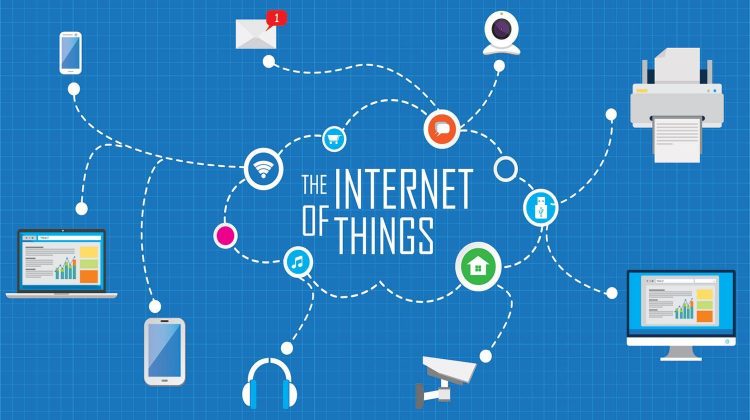The Future of IoT: Transforming Industries and Empowering Connectivity


Introduction: The Internet of Things (IoT) has emerged as a powerful force, revolutionizing the way we interact with technology and transforming industries across the globe. With the ever-increasing number of connected devices and advancements in technology, the future of IoT looks promising, presenting a myriad of opportunities and challenges. Expanding Horizons: The future of IoT is characterized by the rapid expansion of connected devices beyond traditional applications. While smart homes and wearables have become familiar, IoT is now permeating sectors like healthcare, transportation, agriculture, manufacturing, and more. From connected medical devices improving patient care to smart cities optimizing energy consumption, IoT is reshaping industries and enabling smarter, more efficient processes. Connectivity Revolution: The advent of 5G networks is set to unleash the true potential of IoT. With its high bandwidth, low latency, and increased capacity, 5G will enable seamless and real-time communication among a massive number of devices. This will facilitate breakthrough applications such as autonomous vehicles, remote surgery, immersive augmented reality experiences, and smart infrastructure management. The era of ultra-fast, ultra-reliable, and highly scalable IoT connectivity is on the horizon. Empowering Intelligence with AI and ML: Artificial intelligence (AI) and machine learning (ML) are integral to the future of IoT. These technologies will enable IoT systems to analyze vast amounts of data generated by connected devices and derive meaningful insights. ML algorithms will learn from patterns and trends, predicting outcomes and enabling autonomous decision-making. This intelligence will optimize processes, improve resource utilization, and create new possibilities for automation and innovation. Edge Computing: Driving Real-Time Responsiveness: Edge computing is gaining prominence in IoT architectures. By processing and analyzing data closer to the edge devices, latency is minimized, bandwidth usage is optimized, and real-time decision-making is enhanced. Edge computing empowers IoT systems to respond swiftly to critical events, enabling applications such as real-time monitoring, autonomous vehicles, and responsive industrial processes. It also reduces the dependency on cloud computing resources, ensuring efficient and reliable IoT operations. Security and Privacy: A Critical Imperative: With the ever-expanding IoT landscape, ensuring robust security and protecting user privacy becomes paramount. The future of IoT demands stronger authentication mechanisms, end-to-end encryption, secure firmware updates, and comprehensive security frameworks. Additionally, privacy-preserving techniques and transparent data handling practices will build trust and confidence among users. Collaborative efforts between industry, governments, and academia are necessary to tackle emerging security challenges and establish global standards. Interoperability and Standardization: Unleashing Collaborative Potential: The interoperability of diverse IoT devices and platforms is crucial for seamless integration and data exchange. Establishing common protocols, frameworks, and standards will drive innovation, foster collaboration, and create a vibrant IoT ecosystem. Industry consortia, open-source initiatives, and international organizations are working towards interoperability to unlock the full potential of IoT, enabling cross-platform communication and integration across industries. Sustainability and Ethics: Shaping Responsible IoT: As IoT proliferates, the importance of sustainability and ethical considerations cannot be overstated. IoT devices should strive for improved energy efficiency, optimized power consumption, and eco-friendly designs. Moreover, ethical discussions surrounding data privacy, responsible use of IoT technologies, and potential societal impacts will shape the future of IoT. Balancing innovation with social and environmental responsibility is crucial for creating a sustainable and inclusive IoT ecosystem. Conclusion: The future of IoT holds immense potential to transform industries, enhance efficiency, and improve the quality of life. With expanding horizons, groundbreaking connectivity, intelligent systems, and a strong focus on security and ethics, IoT is poised to revolutionize how we interact with technology and reshape the world around us. Embracing this transformative power, while addressing challenges and collaborating across sectors,
